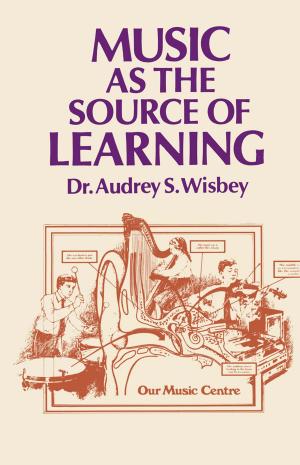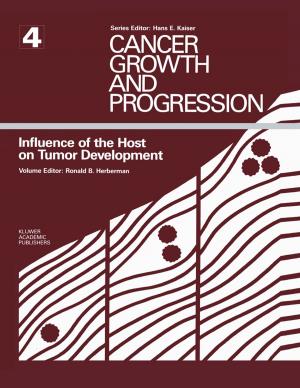Medicine in Three Societies
A comparison of medical care in the USSR, USA and UK
Nonfiction, Health & Well Being, Medical, Reference, Practice Management & Reimbursement, Specialties, Family & General Practice| Author: | John Fry | ISBN: | 9789401161091 |
| Publisher: | Springer Netherlands | Publication: | December 6, 2012 |
| Imprint: | Springer | Language: | English |
| Author: | John Fry |
| ISBN: | 9789401161091 |
| Publisher: | Springer Netherlands |
| Publication: | December 6, 2012 |
| Imprint: | Springer |
| Language: | English |
This book is a personal testimony of faith in the future and in the progression to better health and a better life. It is the testament of a rough and ready measuring device - a practising physician who sought to compare and contrast three systems of medical care to see what can be distilled from them to help us all in achieving better services for medical care. Medical care as a human and civic right is the con cern of us all. Seeking to live longer and in good health we depend on medical, social and welfare services to attain this goal. Yet it is quite obvious that there are limits and dilemmas that prevent anything but an unsatisfactory compromise. The resources that are available cannot meet all the calls. How then can we make the best use of the resources that we have? This must be the theme for this book. What can we learn from each other for the com mon good? Since we all are facing the same common prob lems, how do we go about resolving them? For example, how do the medical care services in the USSR, USA and UK cope with an acute heart attack, with a middle-aged woman with depression, with a brain-damaged child, with a road accident or with a case of measles? These are the common human factors involved.
This book is a personal testimony of faith in the future and in the progression to better health and a better life. It is the testament of a rough and ready measuring device - a practising physician who sought to compare and contrast three systems of medical care to see what can be distilled from them to help us all in achieving better services for medical care. Medical care as a human and civic right is the con cern of us all. Seeking to live longer and in good health we depend on medical, social and welfare services to attain this goal. Yet it is quite obvious that there are limits and dilemmas that prevent anything but an unsatisfactory compromise. The resources that are available cannot meet all the calls. How then can we make the best use of the resources that we have? This must be the theme for this book. What can we learn from each other for the com mon good? Since we all are facing the same common prob lems, how do we go about resolving them? For example, how do the medical care services in the USSR, USA and UK cope with an acute heart attack, with a middle-aged woman with depression, with a brain-damaged child, with a road accident or with a case of measles? These are the common human factors involved.















